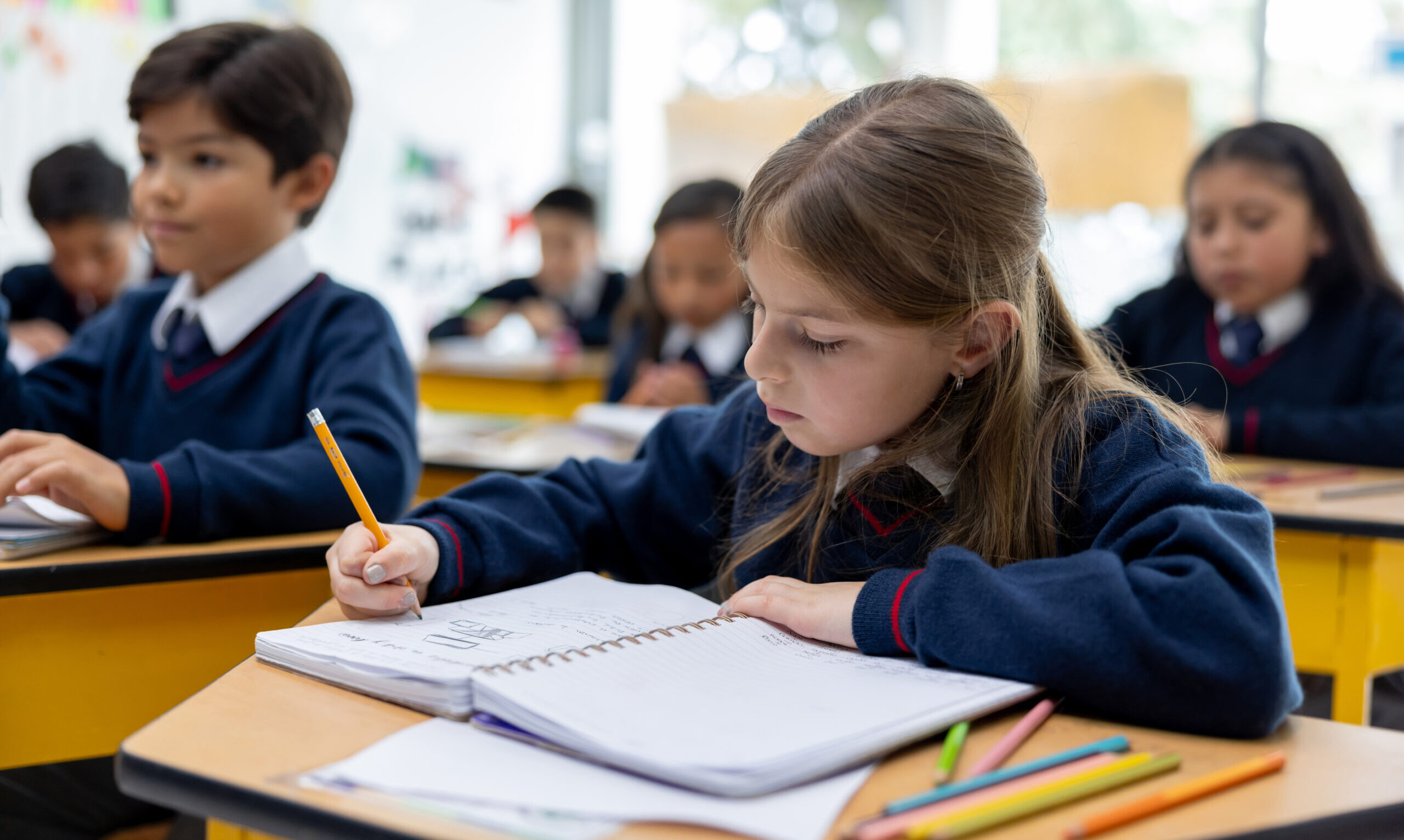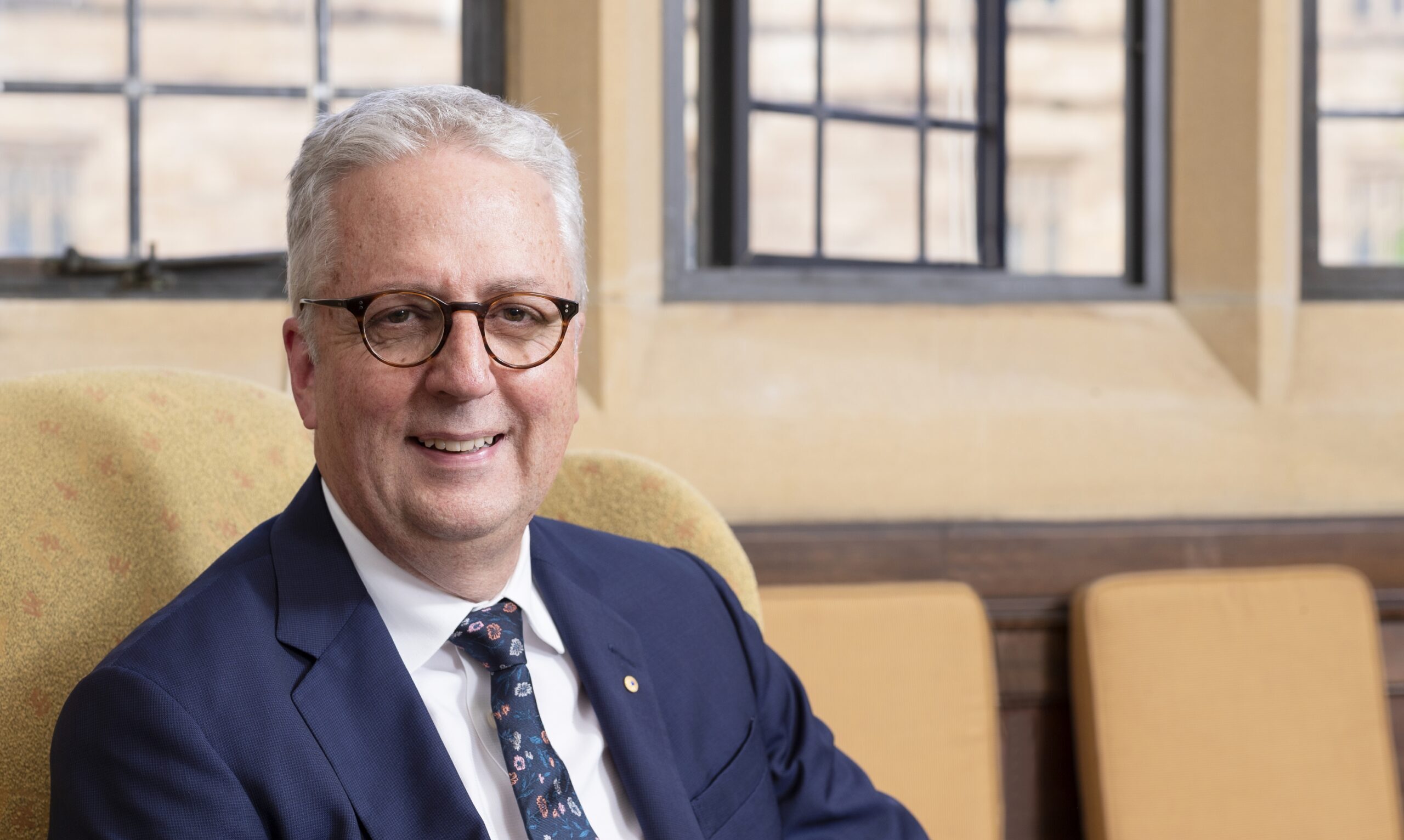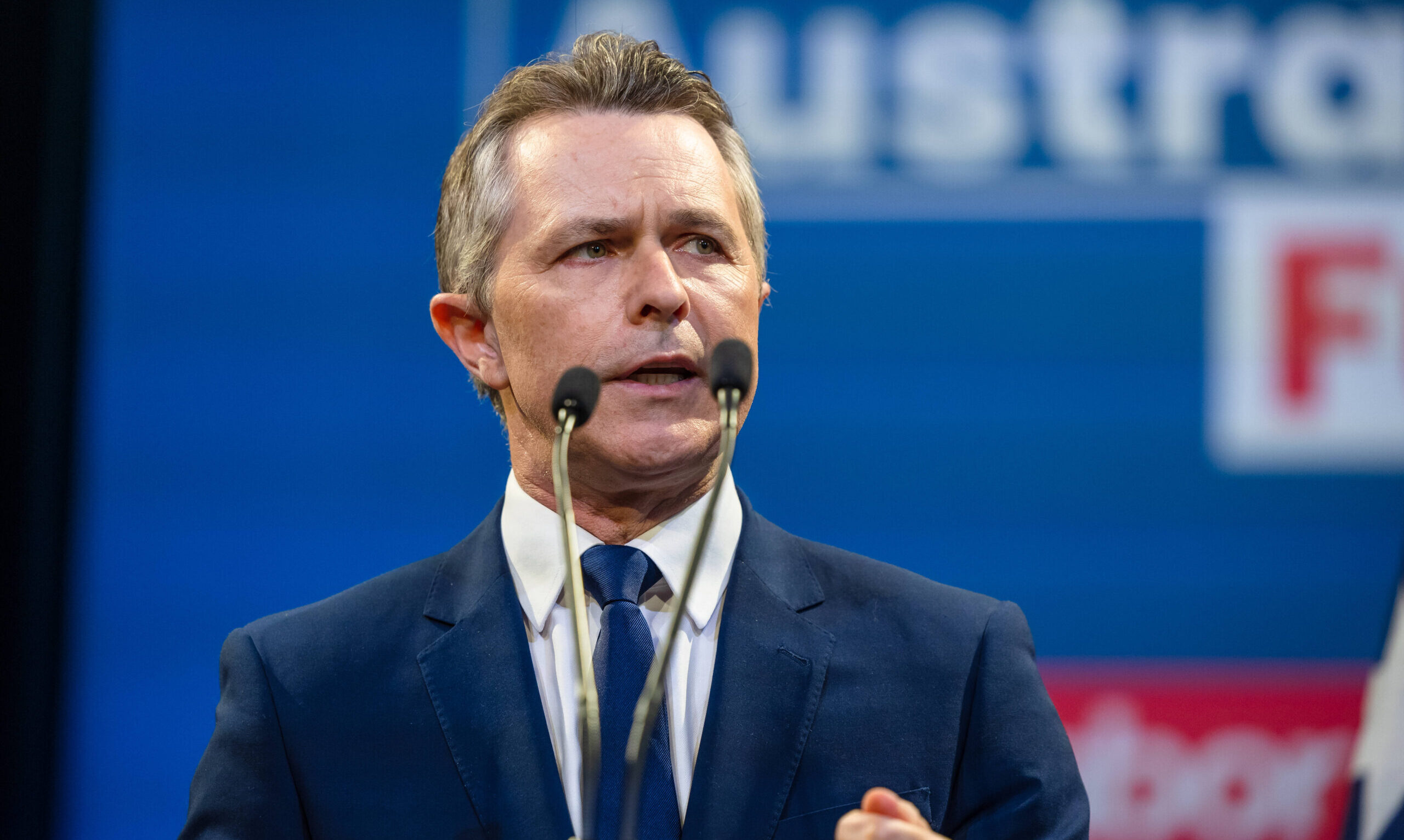Health+WellbeingNewsTop Stories
Vic primary schools move away from ability grouping

Victorian primary schools are moving away from streaming students according to ability amid fears it is doing more harm than good, and is damaging to students self-esteem and wellbeing.
Please login below to view content or subscribe now.





